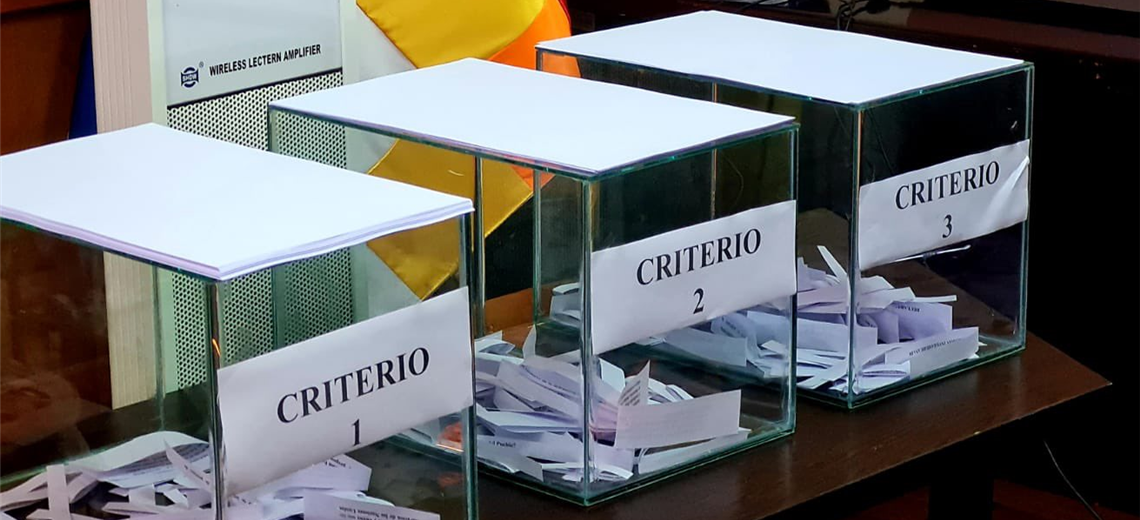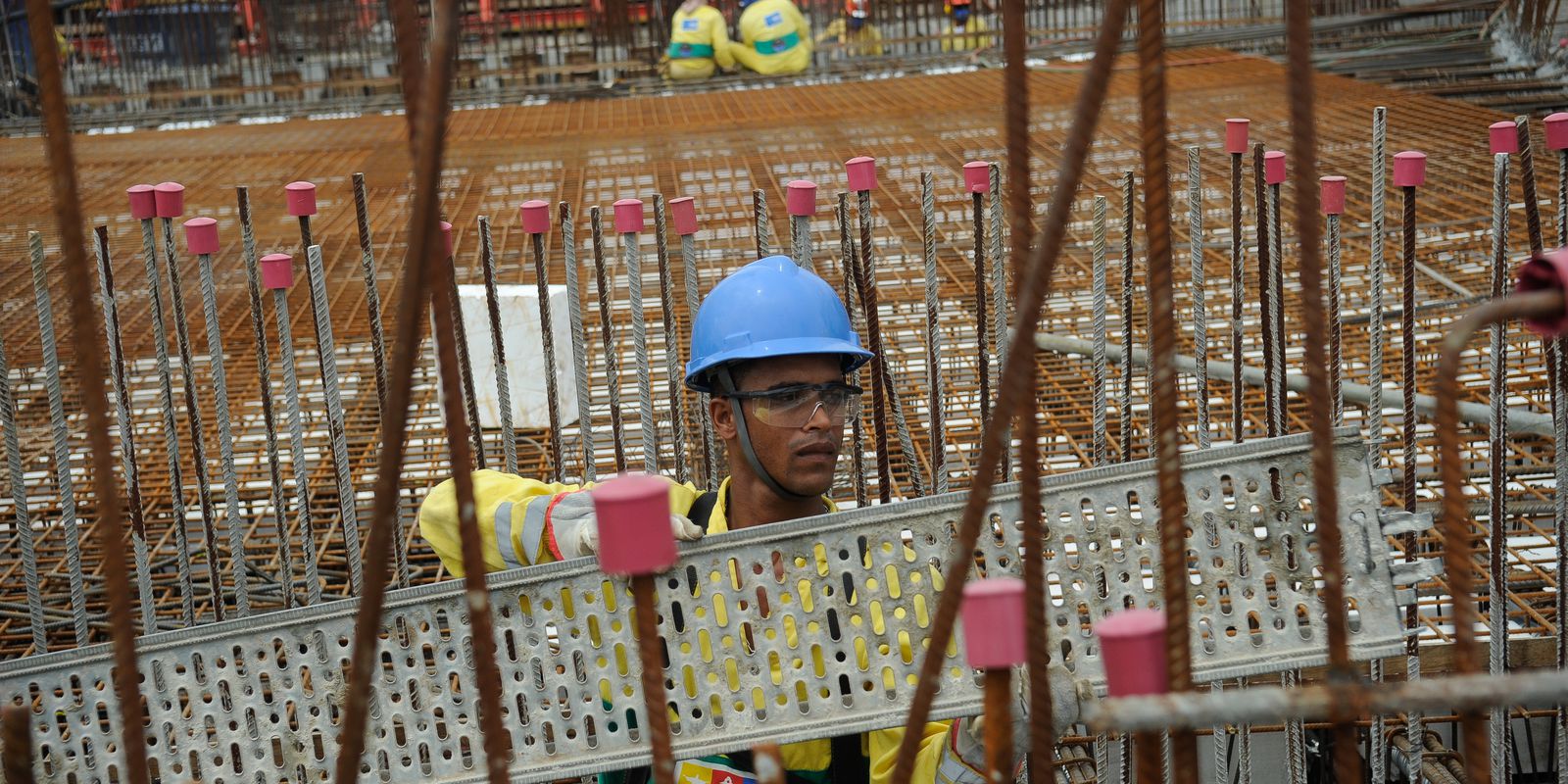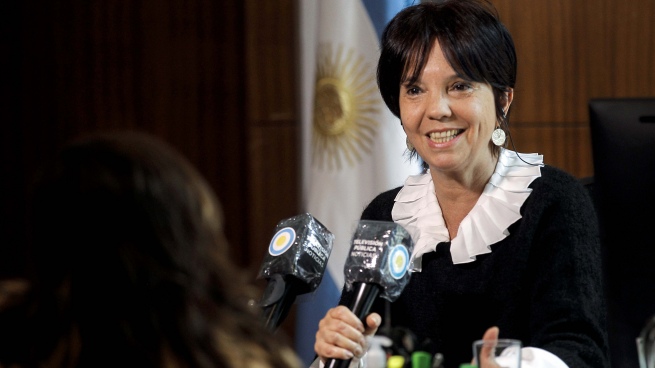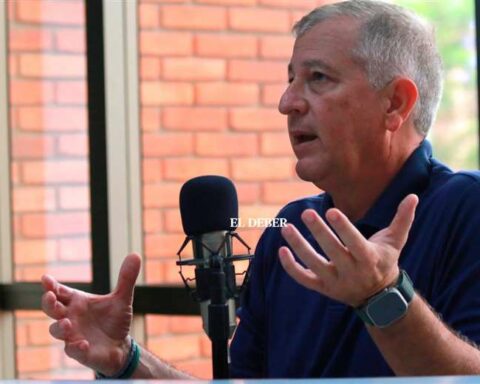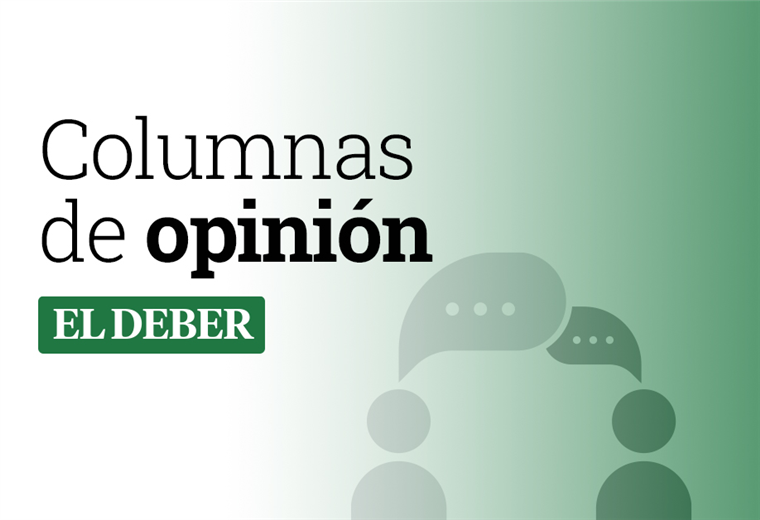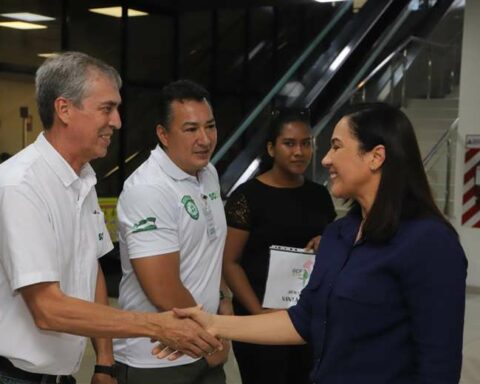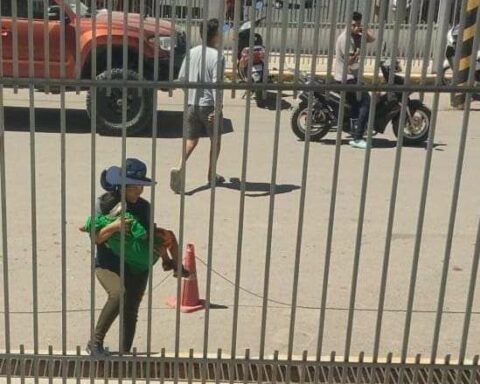The first day of interviews with the candidates for Ombudsman was hindered by the delay of more than two hours in the start of the evaluation, because the Constitution Commission took time to prepare the 90-question questionnaire, 30 queries for each criterion.
The session was installed after 11:00 in the morning and the first applicant, who had to be evaluated at 09:00, began her presentation at approximately 11:30 in the morning.
“We had to form the question bank today (Tuesday) and not yesterday (Monday), but we have been a bit late. Yesterday we would have had a set, but we wanted that the same day of the application of the interviews we have the questions“, explained Senator Rubén Gutiérrez.
The also president of the Commission added that in case of having the questions prepared 24 or 48 hours before, it would have generated “unfounded fears and uncertainties” for all parts of the selection process.
In the past weeklegislators srequested the Executive Committee of the Bolivian University (CEUB) its collaboration for preparing queries.
Yesterday, Monday, the universities responded to the Commission and excused themselves from participating in the process, allegedly due to lack of coordination and for not having participated in the entire selection process for the Ombudsman.
Gutiérrez clarified that they made the request a week ago and, given this fact, the legislators decided, as the regulation states, to prepare the questions on their own.
The candidates, observers of the selection process, and the media They questioned the delay.
“It started late and the nerves also played against it,” said the first applicant Lydia Apaza.
Meanwhile, the overseer of the Another Bolivia is Possible platform, Iván Melendes, complained about the delay of more than two hours and regretted that it was not allowed to participate actively in the elaboration of questions to the candidates.
“They have revealed that this role of observers is only in name and they did not give us many tuition such as the reading of questions or the approval of the questionnaire or how the procedure is being developed,” the activist reproached EL DEBER.
eight applicants
As of 1:00 p.m., four applicants were evaluated, including Lydia Apaza Quispe, who had met seven criteria in the merit stage. she was followed Rimmy Calle Choquecallata enabled with eight criteria, but questioned for being a leader of the Single Trade Union Confederation of Peasant Workers of Bolivia (Csutcb).
They also showed up Pedro Callisaya Aro, questioned for alleged links with the MAS, for being an official in three ministries. The half day ended with Claudia Andrea Calvo Campos.
In the afternoon he began his exhibition the applicant with a perfect score in her merits, is Luisa Antonia Chipana Ubaras. Wílber Choque Cruz continued, who was an elected authority in 2017 and should be disqualified.
The last two candidates are Evelín Patricia Cossío Márquez, with no history of having worked in public office, and Santiago Condori Apaza, the only one rehabilitated in the challenge stage.
Questionnaire Topics
The first evaluation criterion includes questions about the Political Constitution of the StateUniversal Declaration of Human Rights, American Convention on Human Rights and UN Declaration on the Rights of Indigenous Peoples.
The second item covers Law 870 of the Ombudsman and the third, the principles and procedures for the defense and protection of human rights and constitutional guarantees.
Each person chose by lot one question per criterion, avoiding repetition of questions.
The applicants also made a 10-minute presentation of their proposals, in addition to expressing themselves in the original languages that they declared they knew. Some had difficulty communicating in their second language.

